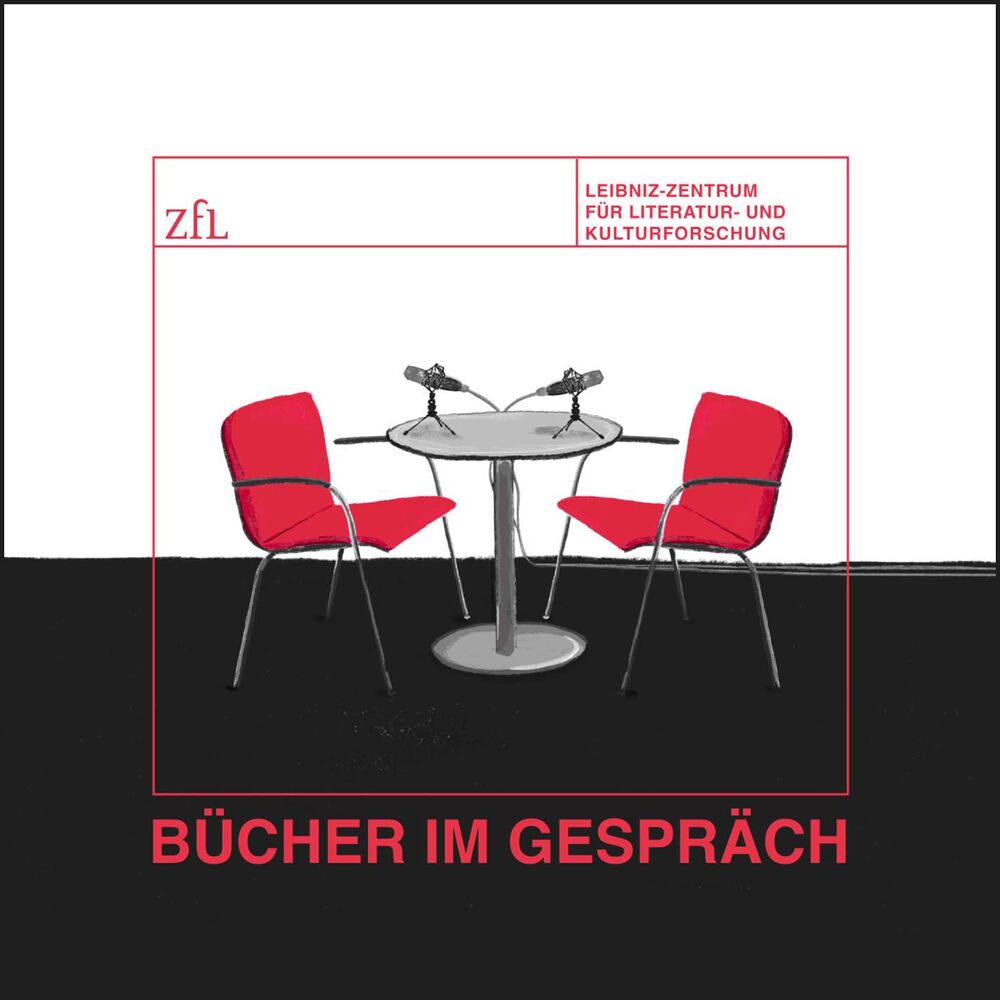Formlose Form
Epistemik und Poetik des Aggregats beim späten Goethe
[Formless Form. Epistemics and Poetics of the Aggregate in Goethe's Late Works]
As a figure of reflection, the aggregate opens up new interpretive perspectives on the discourse of form in Johann Wolfgang von Goethe’s late work. With the aggregate, the book introduces a non-organicist principle of form which not only challenges established interpretive approaches in Goethe studies. These readings of the late works on the natural sciences, especially on morphology, as well as of the West-Eastern Divan, Wilhelm Meister’s Journeyman Years, and Faust: The Second Part of the Tragedy rather allow for new reflections on Goethe’s theory of forms. Taking the crisis of systems thinking around 1800 as a starting point, representations of diversity, heterogeneity, and incommensurability are discussed through the lens of the aggregate. This uncovers a common morphological deep structure that connects nature studies and poetics and ultimately offers a different view on aesthetic forms.
***
|
Bücher im Gespräch |
